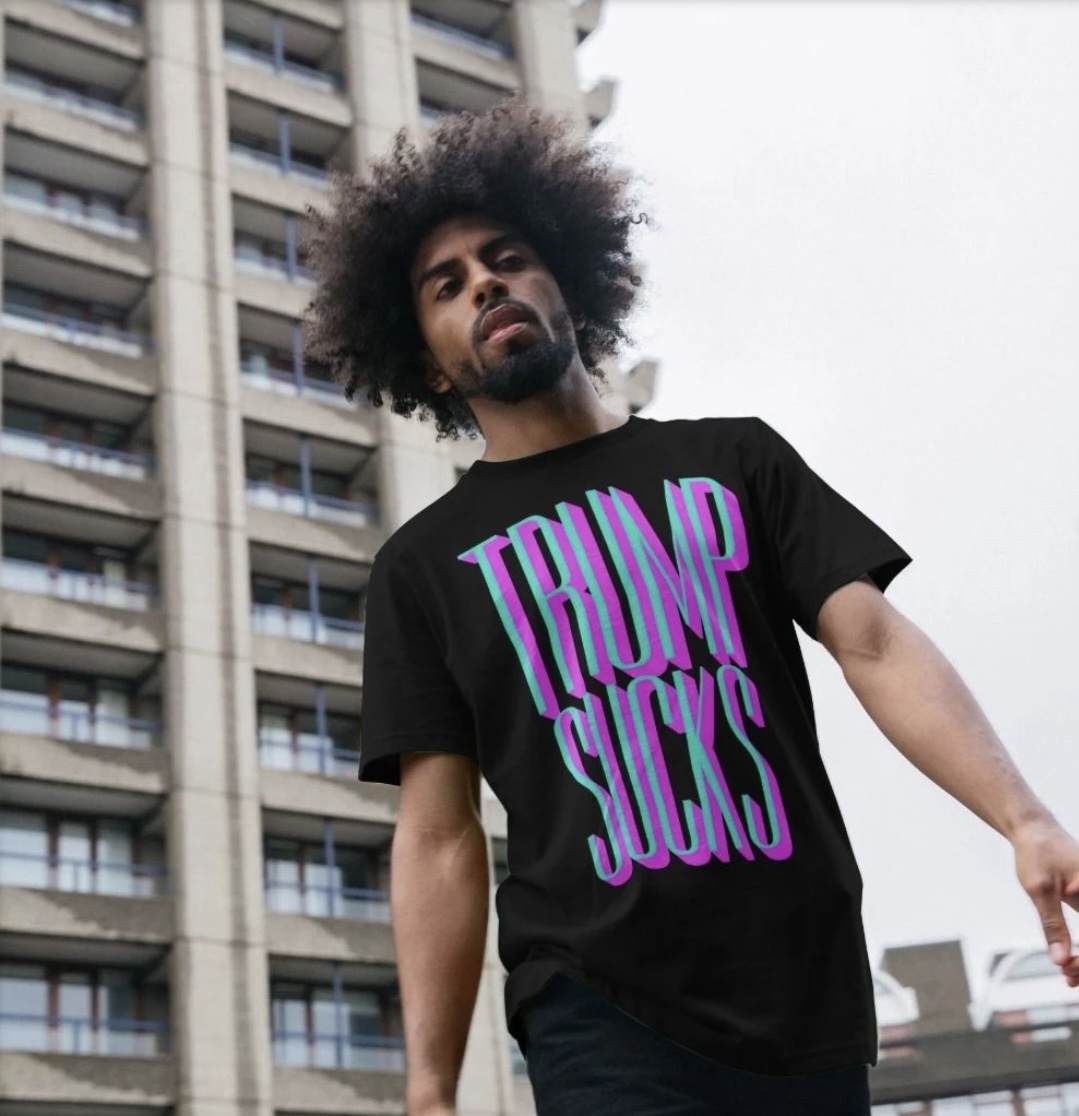Trump's triumph: Picking up the pieces
What role did misogyny play in the American election? What does it mean for climate policy? And what's the most immediate foreign policy threat? Our editors weigh in.
Zoe Grunewald: Did Kamala Harris lose because she’s a woman? Not exactly. The Democrats' campaign strategy faltered, while Donald Trump’s populism capitalised on widespread discontent, fuelled by what many saw as the failed delivery of Joe Biden’s administration. But beyond the usual political post-mortem lies a more uncomfortable truth: gender remains a formidable barrier in American politics, shaping not just who rises, but who falls.
Harris’s campaign, though criticised for lacking policy depth, made a bold attempt to energise young female voters. She championed issues like reproductive rights and leaned into support from cultural icons like Taylor Swift, Beyoncé and Charli XCX. Trump, on the other hand, weaponised misogyny with the precision of a seasoned demagogue. He mocked Harris relentlessly, labelling her “dumb as a rock” and “a bitch,” and suggested she’d be nothing more than a play toy for foreign leaders. His VP went even further, branding unmarried women as “childless cat ladies”, while surrogates compared Harris to a “prostitute” under control of her “pimps”. It was a sustained assault—and it worked.
These attacks didn’t emerge in a vacuum. They’re part of a broader ideological gender divide sweeping the world, as women increasingly lean liberal and men grow more conservative. A growing backlash to feminism and the Me Too movement has seen voters rallying behind leaders who flaunt brash, unapologetic machismo. Trump perfectly embodied this archetype, projecting an image of unshakable, brute strength. His lawsuits, convictions, and openly chauvinistic rhetoric reinforced his persona as a man unafraid of controversy or consequence. The election, framed as a battle of competence, became man vs woman.
The result: A stark reminder that America is still willing to overlook egregious misogyny and tolerate the degradation of women in its pursuit of perceived strength. Harris’s loss isn’t just a political defeat; it’s a cultural reckoning. She may not have lost the election simply by virtue of being a woman, but Trump's win was undoubtedly a triumph of misogyny.
As we enter a period of deep uncertainty—not just in America but worldwide—we want to ensure that Labour governs, and in time campaigns, better than the Democrats. We would greatly appreciate your advice and support. If you can, please consider upgrading to paid. This grants you access to all paid content, free merch, and free tickets to our events. It’s a win-win.
Diyora Shadijanova: As Donald Trump gears up for a second term following a stunning electoral win, his alarming social and security policy proposals have understandably redirected attention away from the natural environment. Yet it is in this area in which his presidency may inflict the most profound and long-lasting wounds. To put it simply, if the US, the world’s second-largest emitter – misses its 2030 carbon target by a wide margin, then it will be almost impossible to stay below 1.5C of average warming.
This year is set to be the hottest on record – breaching the 1.5C threshold of warming for the first time in recorded history. Yet the President-elect infamously believes that climate change is a “hoax” and has recently vowed to stop the “green new scam”, aka. the Inflation Reduction Act, a major bill passed by Democrats to support clean energy projects.
Domestically, Trump is expected to tear down climate policies, which may include major cuts to the Environmental Protection Agency and weakening pollution rules for coal plants, cars and fossil fuel drilling. Though it’s not all doom and gloom yet: much of the transition to clean energy is underway and civil society is prepared to put up a big fight.
Internationally, critical climate commitments face new challenges. During the last Trump presidency, he took the country out of the Paris Agreement. Few would be surprised if he did this again, but the fear is that his actions could extend further, targeting essential climate aid – particularly the loss and damage fund – undermining critical support for the world’s most vulnerable nations.
To put it in not so many words: we’re cooked. The question is, how much more will Trump turn up the heat?

New at our merch store - don’t be caught without one on Trump’s next state visit!
Dimi Reider: I sketched out Trump’s likely foreign policy orientation in our previous newsletter - but in truth, it’s too soon to tell what Trump will actually be doing. In a sense, it will always be too soon to tell: some of his policy decisions will play out exactly as advertised, as depressingly inevitable as a steamroller crash in slow motion; others will happen or unhappen on a whim, like the assassination of Iranian general Qassam Soleimani, which, for a few weeks, seemed like the most momentous event of 2020.
The American president who keeps me awake right now isn’t Donald Trump, but Joe Biden. The lame duck period between election and inauguration is famously consequence-free for the departing president; and indeed, I’ve heard my share of analysts and diplomats who, in the belief that Biden’s uncritical support of every Israeli atrocity and folly was purely an electoral ploy, were hoping that he’ll use these seventy-odd days to show Benjamin Netanyahu what’s what. Reports today of the Biden administration forcing Qatar to expel Hamas political leaders - effectively terminating the last viable negotiation channel over ceasefire and hostages - should put pay to that idea. If Netanyahu ever wanted to launch a decisive strike on Iran’s nuclear facilities, the twilight days of America’s most permissive president are an opportunity like no other. Let’s hope he doesn’t get the chance.
The Lead is now on Substack.
Become a Member, and get our most groundbreaking content first. Become a Founder, and join the newsroom’s internal conversation - meet the writers, the editors and more.

